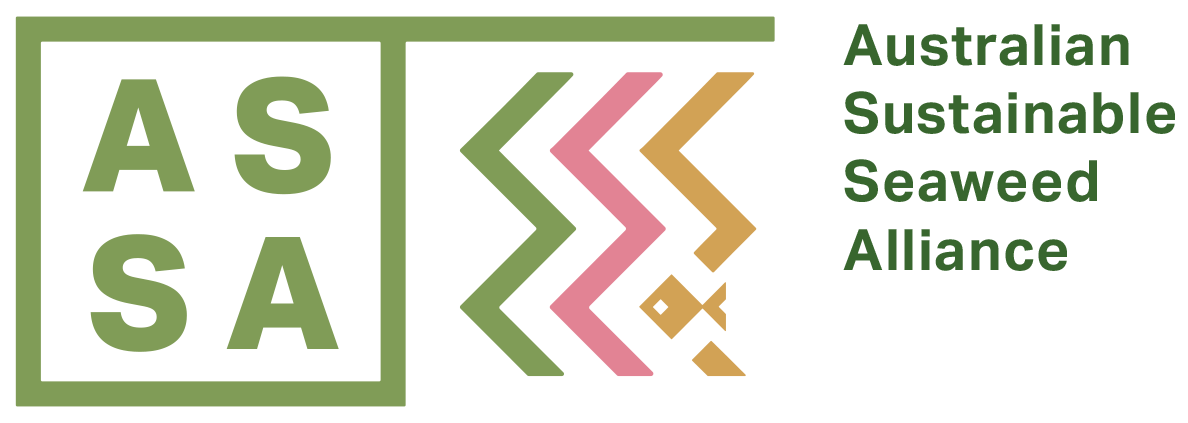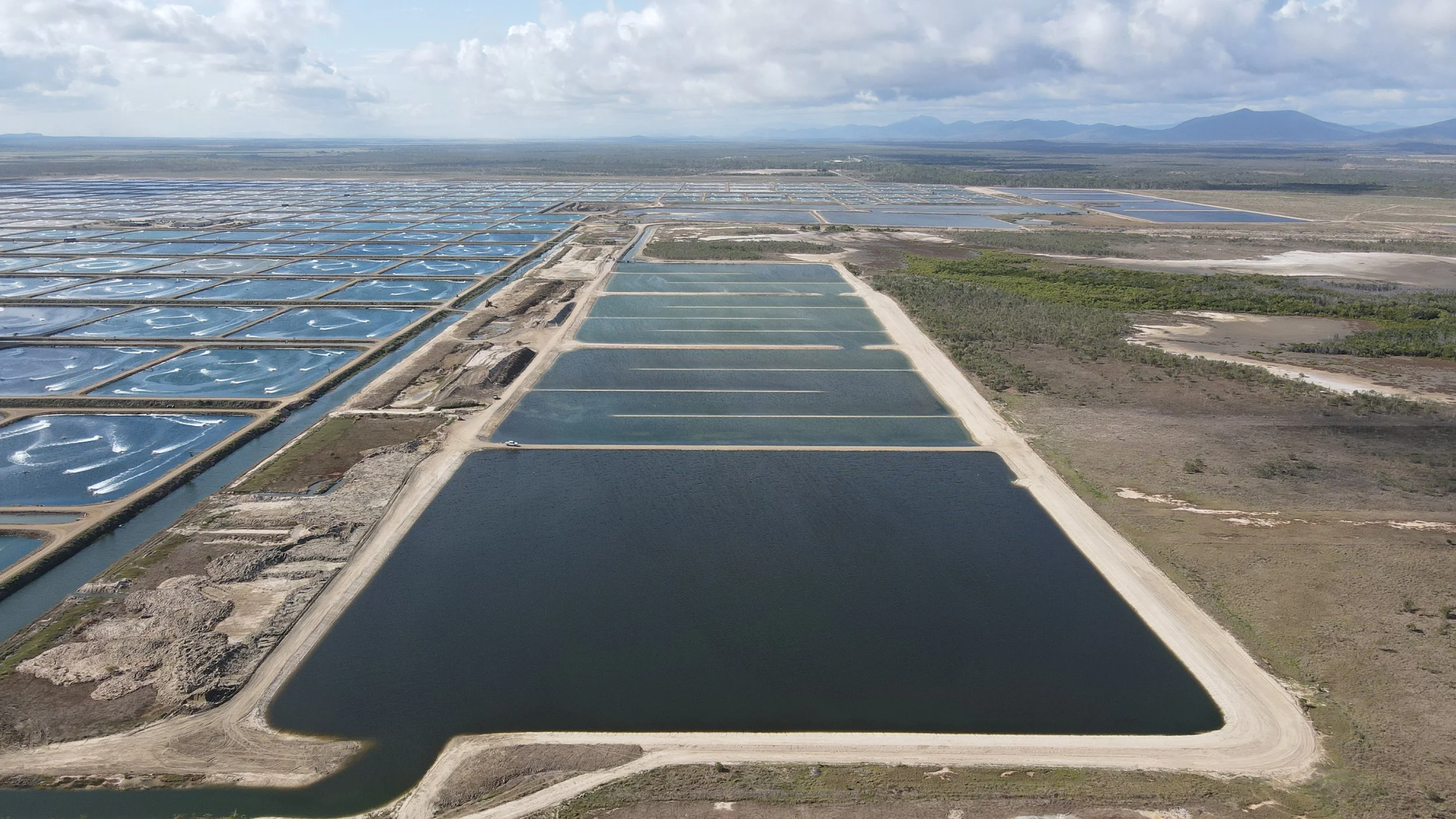Refocused on biofiltration
Over the past year, Australia’s largest aquaculture company, the Tassal Group, has continued to intensify efforts to develop the potential of seaweed for its business.
Over the past six years, it has explored seaweed production in conjunction with its Atlantic Salmon operations in Tasmania. The company also launched a new trial in 2021 producing green seaweed at its main prawn farm at Proserpine in Queensland. It harvested 2,500 tonnes of seaweed from three green species grown in the water filtration ponds on the prawn farm in 2021-22.
Head of Engineering and Risk Management at Tassal, Justin O’Connor says, the company is actively developing its use of seaweed as a bio-remediant, to further enhance the treatment of water on its prawn farms.
The Queensland trial is part of a $1 million, two-year project funded through the Fisheries Research and Development Corporation, with the University of the Sunshine Coast as the lead research provider.
O’Connor says seaweed varieties, cladophora, chaetomorpha and ulva were found growing on the site and have been used for the trials that began last year. Seedstock was collected from along the water networks and channels across the prawn farm. This seaweed had effectively self-propagated, after being brought onto the farm with the estuarine water it draws from the Gregory River for the prawns.
It has been grown in seven of the company’s 12 settlement ponds at the Proserpine prawn farm and provides a natural opportunity to improve water quality and at the same time, produce a second commercial crop on the farm.
It is continuously harvested by trimming with a pond harvester, a process O’Connor describes as, “much like mowing the lawn, but under water”.
Early trial results show that the seaweed has doubled the effectiveness of the nutrient removal process in the settlement ponds, further improving the quality of water before it is discharged into the local estuary. The seaweed actively draws nutrients out of the water in order to grow.
The seaweed itself also offers a potential new product for the business. “Seaweed has multiple uses and we are exploring the best use of it with multiple third parties,” O’Connor says.
“We are also considering what other species we can trial, including asparagopsis, which, when fed to cattle, can significantly reduce their methane emissions.”
He says other prospective uses include compost and fertiliser, stock and aquafeeds, and biochar for carbon sequestration. There are also more advanced bioplastics, food and biotech applications.
“It’s early days for us. We plan to start with something simple and develop from there. What we can say so far is that we’ve successfully grown a lot of seaweed, and it has done a great job of even further improving our water quality.”
Tassal is well positioned to produce seaweed, with infrastructure already in place for prawn farming. The 287ha Proserpine farm will be the focus of the company’s seaweed activity. It also has smaller prawn farms of 32ha at Mission Beach, Queensland and 45ha at Yamba, NSW, where it can be trialled.
In the coming year, the research project will consider other species that could be grown in the ponds, such as Asparagopsis, and the farm practices required to allow for more consistent growth rates.
“When conditions are good, the seaweed can double its biomass in a week. At other times it remains virtually dormant,” O’Connor explains. “We want to devote further study to the conditions that are driving these volatile growth patterns. Fortunately, the seaweed team we work with at the University of the Sunshine Coast are a strong partner in the project and will help with this work.
“Our ponds and pumping systems provide us with the ideal opportunity to provide seaweed with the water quality conditions that best suit its growth. For this reason, the focus of our seaweed farming is in Queensland, where both the growth rates and the commercial opportunities are strongest.”

